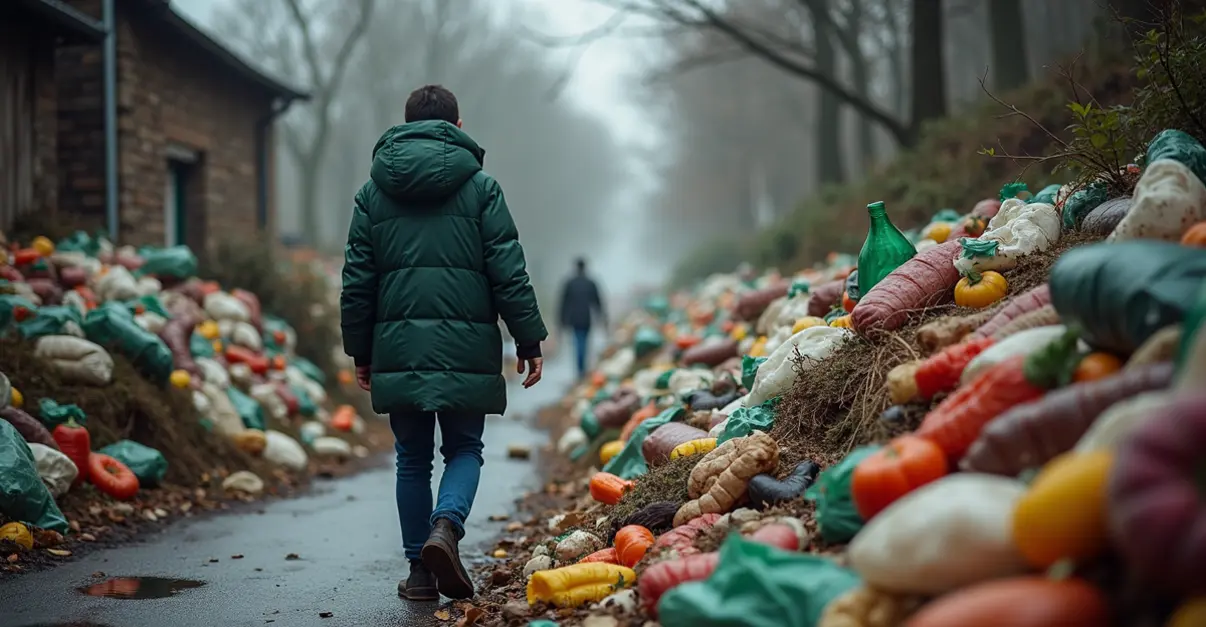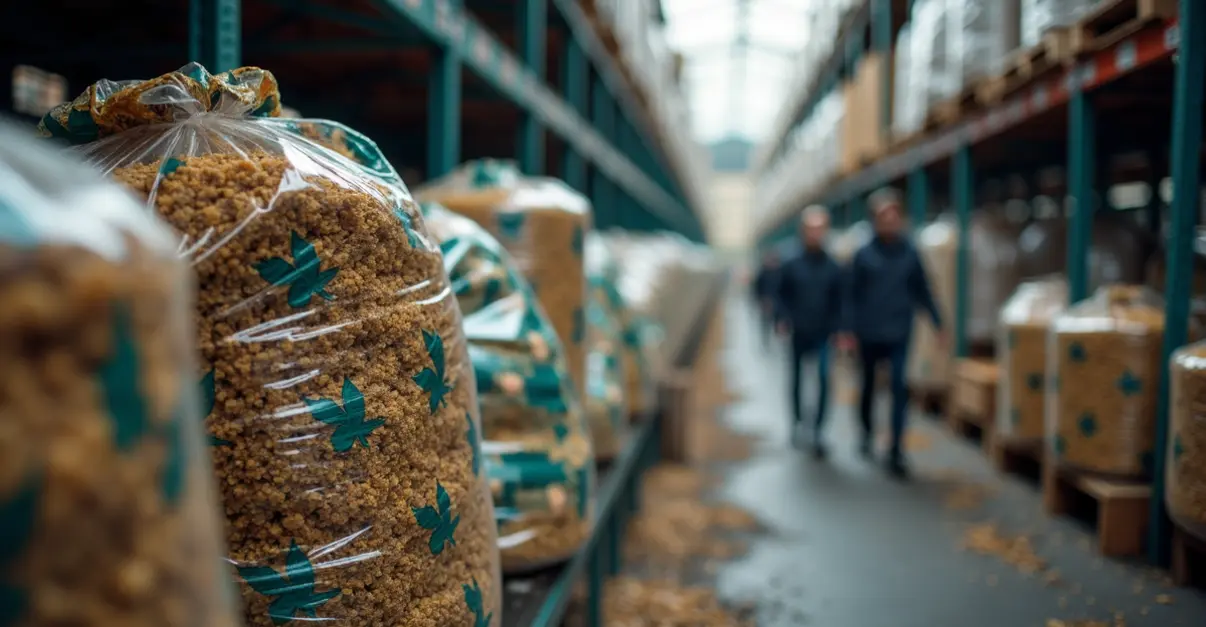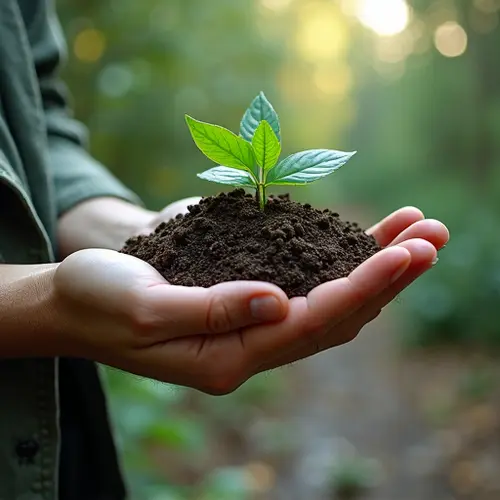European Parliament Approves Landmark Waste Reduction Measures
The European Parliament has given final approval to sweeping new regulations aimed at tackling the continent's mounting waste crisis. The legislation targets two of Europe's most pressing environmental challenges: food waste and textile pollution from fast fashion.
Under the new rules, EU member states must reduce household, retail, and restaurant food waste by 30% by 2030 compared to 2021-2023 levels. Food processing and manufacturing waste must be cut by 10%. The EU estimates the bloc generates approximately 60 million tonnes of food waste annually - about 130kg per person.
Textile Waste: The Fast Fashion Problem
For textiles, countries must establish producer responsibility schemes requiring manufacturers to cover collection, sorting, and recycling costs. This comes as less than 1% of textiles worldwide are currently recycled, with the EU generating 12.6 million tonnes of textile waste each year.
'The laws came in the wrong order,' said Anna-Carin Gripwall from waste industry organisation Avfall Sverige, highlighting implementation challenges.
National Implementation Challenges
Several member states have already begun implementing measures with mixed results. Poland requires large retailers to donate unsold food to NGOs and run anti-waste campaigns. Spain introduced legislation aiming for 50% reduction in per capita food waste by 2030.
Luis Planas, Spain's Minister of Agriculture, noted that 2024 marked a turning point, with 51,540 tonnes of food prevented from waste despite 1.125 million tonnes still being discarded.
Bulgaria faces significant challenges, with average citizens discarding 93kg of food annually. 'Producing one kilogramme of apples alone requires 700 litres of water,' emphasized Tsanka Milanova of Bulgarian Food Bank.
Infrastructure Gaps and Solutions
The transition has exposed infrastructure deficiencies. Sweden temporarily allowed incineration of unusable textiles after recycling facilities became overwhelmed. Romania lacks adequate infrastructure, though EU funds from the National Recovery and Resilience Plan aim to establish 26 new recycling facilities by 2026.
Environmental advocates urge consumer behavior changes. 'Each person should buy no more than five new articles of clothing per year,' recommends Beatrice Rindevall of the Swedish Society for Nature Conservation.
The measures also target ultra-fast fashion imports, particularly from China, with a proposed €2 flat import fee on small parcels to curb the flood of low-cost packages that reached 4.6 billion parcels entering the bloc last year.
Source: European Newsroom

 Nederlands
Nederlands
 English
English
 Deutsch
Deutsch
 Français
Français
 Español
Español
 Português
Português










